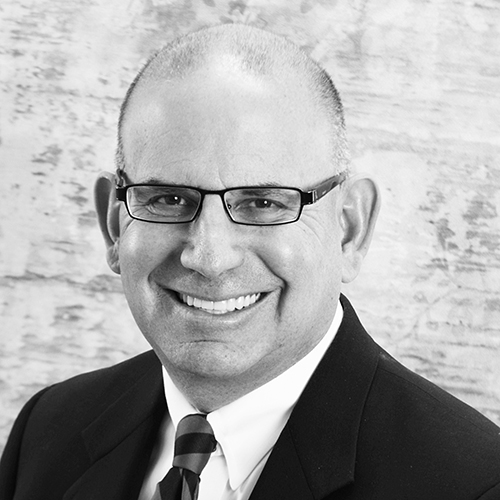Thomas Moriarty joined CVS Health in 2012, the year the Affordable Care Act (ACA) was upheld by the Supreme Court of the United States. Since then, the health-care industry has shuddered under the burden of new regulations and procedures, but CVS Health’s legal team was prepared. Moriarty, the company’s general counsel and chief strategy, expected them.
“Beyond the ACA, we are challenged on a daily basis by the rapidly changing health-care landscape,” Moriarty says. “That means we are not simply operating as a legal adviser, but we are very much at the heart of the corporate strategy-making process.”
Moriarty is familiar with CVS Health’s business strategies and knows that he must maximize the legal department’s value to operate successfully in the industry. To do that, he has found it is more beneficial to embrace the changing elements in health care than to fight them.
“The dynamic elements of the in-house lawyer’s role have been driven by new models and approaches to corporate management, the acceleration of growth, evolving client expectations regarding legal services, and the complex legislative and regulatory environment,” Moriarty says. “Combined, these static and dynamic elements are what have driven companies like ours to build a robust, value-added in-house practice.”
In the past three years, Moriarty has added nearly a dozen attorneys to his team, bringing his legal department to more than 100 lawyers. Despite the substantial new hires, he says the team has managed to “reduce overall expenditures by approximately 20 percent” through carefully planned workforce optimization and recruiting.
“We are not simply operating as a legal adviser, but we are very much at the heart of the corporate strategy-making process.”
Moriarty ensures his team knows the business as well as anyone else in the company, and he names an attorney as a point of contact for each business unit that attends their staff meetings. “I also charge everyone in the law department—given their years of experience and skill sets—to essentially operate at partner level,” Moriarty says. “If you think about it, we’re running a mid-sized firm charged with addressing the needs of a growing client.”
When hiring these “partner-level” attorneys, Moriarty looks for appropriate skill sets as well as their previous work experience. “As an in-house lawyer in health care, you really need to know multiple facets of the business—not only about the legal environment, but also the broader environment of what’s driving things in health-care delivery,” Moriarty says. “The complexity of the regulatory environment and the increased consolidation of the industry are two examples that require an expertise in public policy, regulation, and mergers and acquisitions.”
Moriarty also looks for hires who he knows can thrive in a collaborative environment. “It’s important that we rely on individual expertise, but we also need to rely on each other because we have complementary skill sets that can be leveraged; whether it’s in a deal, a piece of litigation, or a complex regulatory matter,” he says. “By working together with an enterprise mind-set, we can deliver more successful outcomes for our clients and the company.”
In dealing with day-to-day challenges, Moriarty turns to a lesson he learned early in his career about anticipating and taking responsibility for certain issues. “An invaluable mentor schooled me early on that there are a thousand things that can go wrong in a trial,” he says. “The key to success is developing the skills to anticipate what will likely go wrong and being prepared to address those issues. That, to me, is a critical component of being a successful in-house attorney.”
“By working together with an enterprise mind-set, we can deliver more successful outcomes.”
Though Moriarty takes a “partner-level” approach to his team, he wants to prepare for the future. As such, the in-house team has a number of junior attorneys to round out their practice. This allows the team to cultivate their own crop of future talent. “So when you think about how the growth in health care will continue to accelerate, it will require attorneys with specialized skill sets. Growing our own talent gives us a greater competitive advantage in sustaining these capabilities,” he says.
Moriarty’s management style is a natural development as the role of an in-house attorney has changed alongside the legal and health-care industries. “I think the evolution of my own role has helped to inform the manner in which I recruit and develop our in-house talent,” he says. “By bringing both a micro and macro sense to their work, our attorneys not only deliver value to the individual business units they are serving, but do so in alignment with the larger corporate strategy.”
What drives Moriarty and his team to provide quality and efficient work for CVS Health is the state of the nation’s health. The team feels obligated to have a positive impact on CVS’s customers and patients, clients, and communities. “It is deeply personal, because good health is fundamental to one’s well-being and the larger economic health of our country,” he says. “When we look broadly at our nation’s public health goals, our size and unique combination of businesses have positioned us to lead and to accelerate positive change with our purpose of helping people on their path to better health.”


